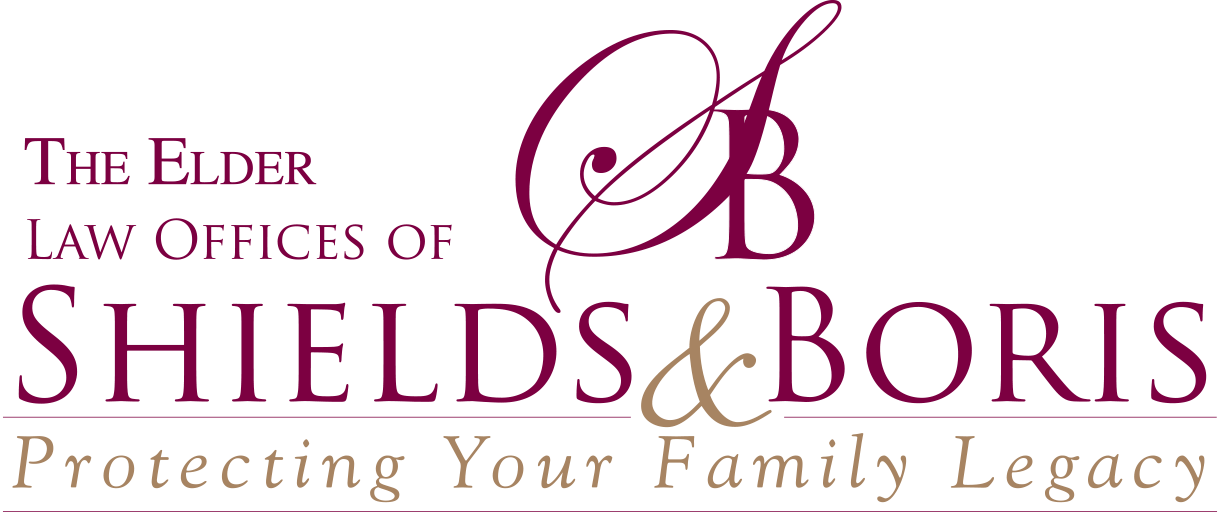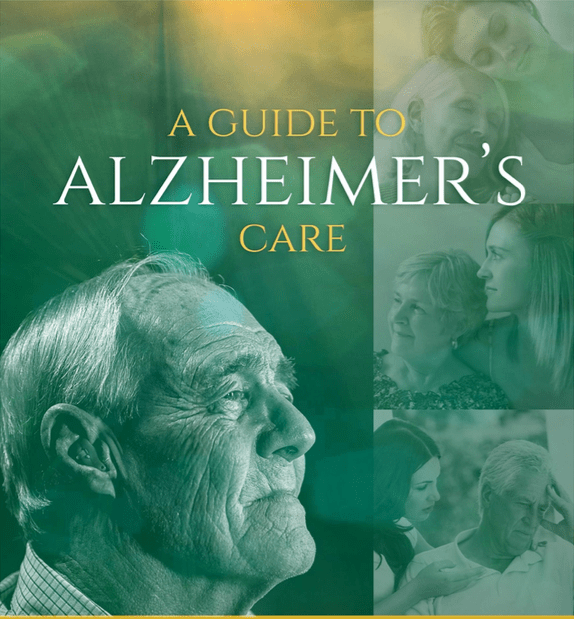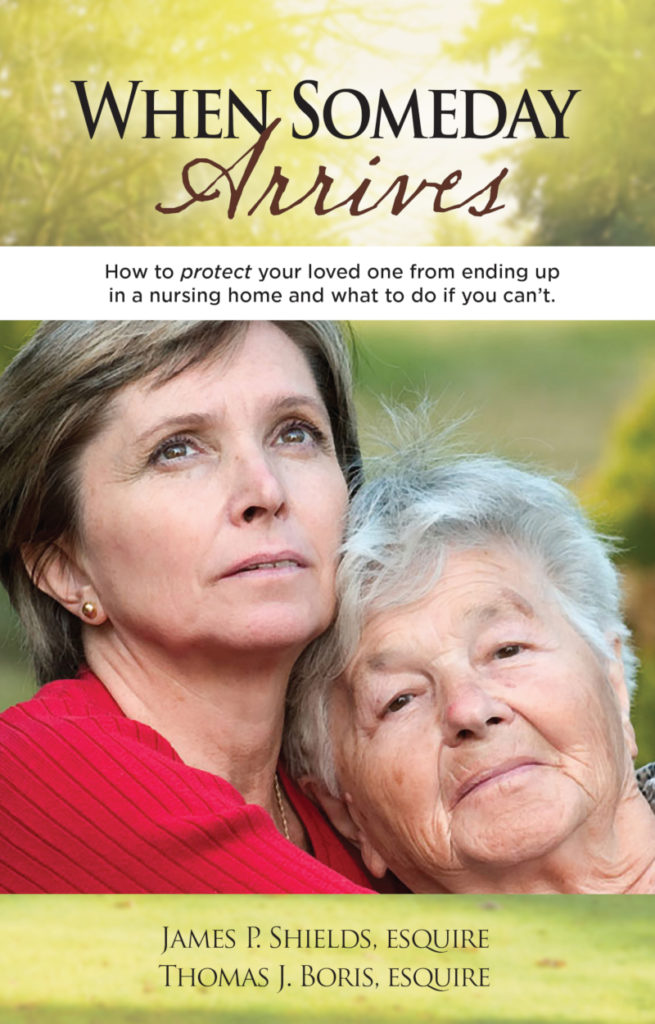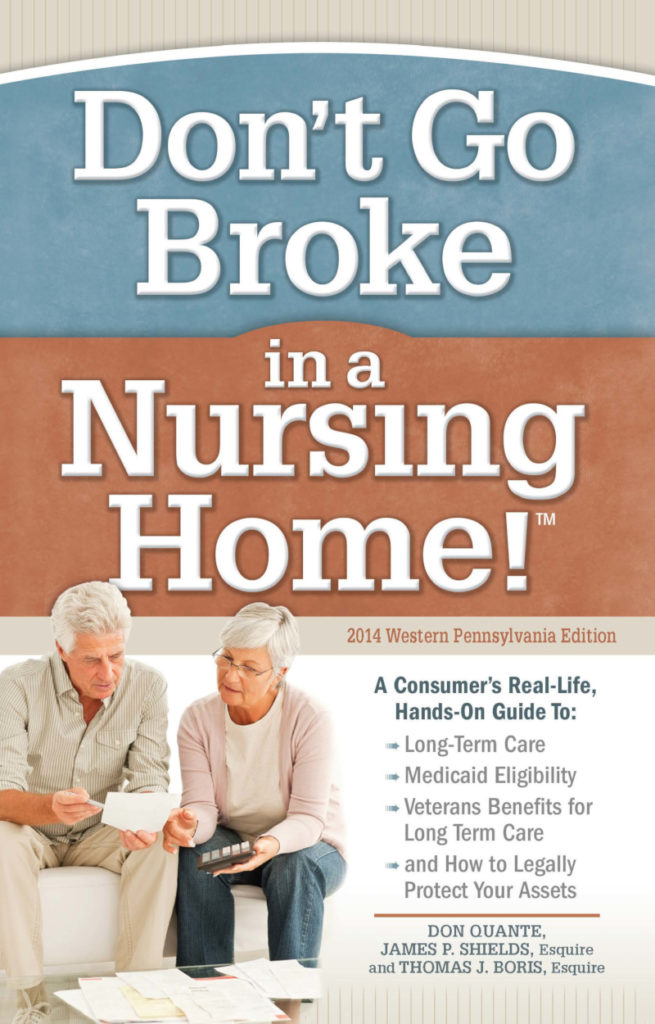These Alternative Living Arrangements May Have Advantages Over Living Alone
Posted on October 10, 2022 by shieldsandboris
Living in your own home your entire life is the hope of most of us. But as we age, conditions sometimes change that make independent living impossible. Sometimes an alternative must be considered. With all the choices out there, understanding each alternative may help making this decision easier.
- Living with family or other relatives might be the easiest for your loved one. Depending on the size and accessibility of the home, sometimes a room or mother-in-law suite can be arranged, or even an addition to the home can be made. Sometimes it may be easier to have the caretaker move into the senior’s home.
- Sharing a house or apartment with another older adult could be a choice. Usually each adult would have their own bedroom and possibly a bath, while they share the kitchen and living areas. Cooking, cleaning, etc. would be shared as possible. Some seniors may share their home as an added income, or possibly, the home could be shared in exchange for help with daily chores.
- Adult foster care is another possibility. In this case, the senior becomes a part of the family and is cared for as such. The senior gets help and companionship, the family may receive payment from either the senior or a government program.
- Board and Care homes may be a good choice for a senior who needs some help with daily living. This is somewhat like an Assisted Living residence, but is a smaller home, and not always licensed or checked by the State. Some minimal nursing may be provided.
- Congregate housing or retirement communities are larger facilities for seniors who are able to care for themselves. Each resident lives in their own apartment with some housekeeping help, but meals and other activities are held in a community area. Rent varies, and some services are extra. State subsidies can help, but there are resident income requirements and often a waiting list to get an apartment.
- Assisted living residences are for seniors who need some help doing everyday chores, but not extensive medical attention. Depending on the resident, help usually includes bathing, dressing, housekeeping, and meals. Cost would vary with the amount of help required.
- Nursing homes are for those needing skilled nursing and possibly long-term residency. Rooms and baths may be shared or private. Meals are provided, as are medical and personal care. Medicare and Medicaid assistance may be available, depending on eligibility requirements.
- Retirement Communities with continuing care meet the changing needs of seniors. Residents may live independently in their own apartment, then as the needs change, assisted living or even skilled nursing units are available on the same campus. These communities usually have an up-front charge, as well as monthly charges, making them an expensive option.
Talking over the options ahead of the need is usually a good idea, as well as making sure of the financial capabilities the senior has. Helping them understand and listening to their wants and desires will make the move as easy as possible.
We specialize in educating and helping you protect what you have for the people you love the most. Contact us to learn more about how we can help you and your family.




